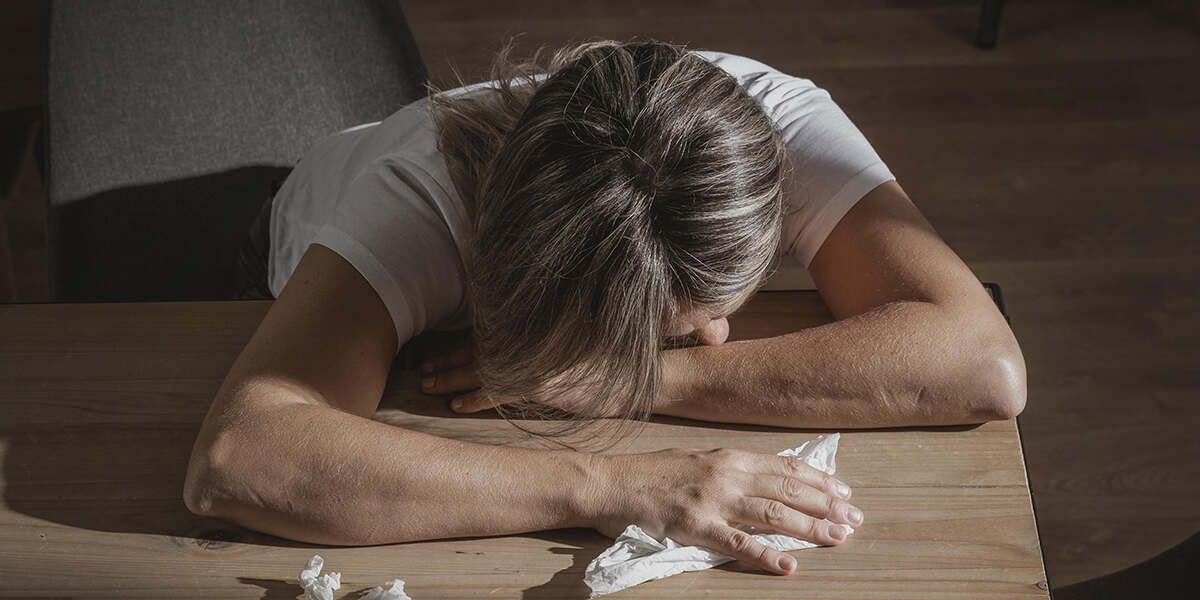Several studies have documented the link between trauma and substance use disorders. People who experience traumatic events are more likely to develop substance dependency when compared to those who have not experienced trauma. Understanding the connection between PTSD and addiction is critical for proper addiction treatment and counseling. Discover more about PTSD and substance abuse and how to deal with them.
Contact In Balance Counseling today to discuss our intensive outpatient program in Tucson.
Understanding PTSD-Related Substance Dependency
People can develop post-traumatic stress disorder from experiencing adverse events, such as:
- Physical or emotional abuse
- Sexual abuse
- Violence against person
- Loss of a loved one
- Repeated exposure to adverse events
PTSD can produce recurring bouts of disturbance and anxiety, which can contribute to further mental illnesses such as depression.
According to one 2010 study in the psychiatry journal Depression and Anxiety, nearly 60% of individuals with PTSD develop some kind of substance use disorder. Many who suffer from PTSD use substances to combat negative moods and thoughts from trauma. In that sense, substance use in trauma victims can often be seen as a type of self-medication.
Signs of Substance Use Disorder From Trauma
Everyone processes trauma differently, so substance use disorders from trauma can present in a myriad of ways. However, common behaviors might include:
- Expressing cravings or urgings for a substance
- Taking larger and larger doses of a substance
- Shirking social responsibility and engagement because of substance abuse
- Risky behavior
- Significant time spent acquiring substances
- Increase substance tolerance
- Changes in mood or executive functioning
- Significant mood swings
- Physical withdrawal symptoms after periods of non-use
Trauma victims may be more likely to use substances after experiencing external triggers that remind them about their traumatic experience(s).
Treatment for Co-Occurring PTSD and Substance Abuse
There is no one singular solution for addiction, and clinics use several recovery strategies for PTSD and substance use counseling and treatment. Studies have found that intervention soon after the traumatic event can lower the chance that the individual develops trauma symptoms and develops a substance addiction.
Other research indicates that having a supportive social structure can reduce the risk of trauma-related substance use. This is one reason why peer counseling and group therapy are widely used options for managing PTSD with substance use.
One of the biggest obstacles to treating the dual diagnosis of PTSD and substance abuse disorders is a lack of information and knowledge about treatment options. Trauma victims may be hesitant to seek counseling, and those with substance use problems may avoid treatment due to societal stigmas surrounding drug use.
Substance Use Counseling in Tucson
Recovering from substance abuse is difficult, but you are not alone. Countless others have managed to heal and take back control of their lives. If you need some encouragement, read our blog to learn more about exercises for recovering from addiction.
In Balance Counseling has been providing intensive in-patient counseling in Arizona for over 25 years. Contact us online or call (520) 722-9631 today to learn more about our counseling and inpatient options for PTSD and substance abuse.
